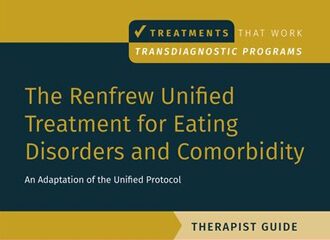Published by: The La Salle Collegian
Written By: Emily Allgair
This week, February 26 through March 3, is Eating Disorder Awareness Week. Being on a college campus, where four out of ten students report having or knowing someone who has an eating disorder, it is important to keep in mind the different triggers, signs and resources for those struggling with eating disorders and disordered eating.
Society itself is fat-phobic, so living in a bigger body can oftentimes be scary. If you find yourself struggling with an eating disorder, disordered eating or even body image, you might find yourself asking “what can I do for myself?” in reference to weight stigma, fat bias and diet culture. I had the opportunity to sit down with Bridget Shertzer, MS, LPC, the Site Director at The Renfrew Center to discuss these issues and how to help build emotional tolerance in the face of these issues.
The “transitional years” of life, such as when someone is going through puberty or moving into college, are often the time when people are at the highest risk of developing an eating disorder, with ages 17 to 23 being the age range at most risk. Although women and girls are often the ones associated with disordered eating, men also experience these issues. They often fly under the radar when struggling with eating disorders, especially college athletes.
As for what to look for in terms of the different signs and triggers, there is no universal experience when it comes to eating disorders and disordered eating. Overall, however, there are certain things that can hint at these issues, whether it be physical, mental or emotional signs. Physically, fluctuating weight (both losing and gaining), struggling with energy levels and sleep hygiene, as well as cardiac issues can hint at issues with eating. Mentally, some signs include issues with body image, hiding food and eating in isolation. Emotionally, depression and anxiety are likely to increase, as well as feeling the need for perfection.
Read the full article here.




